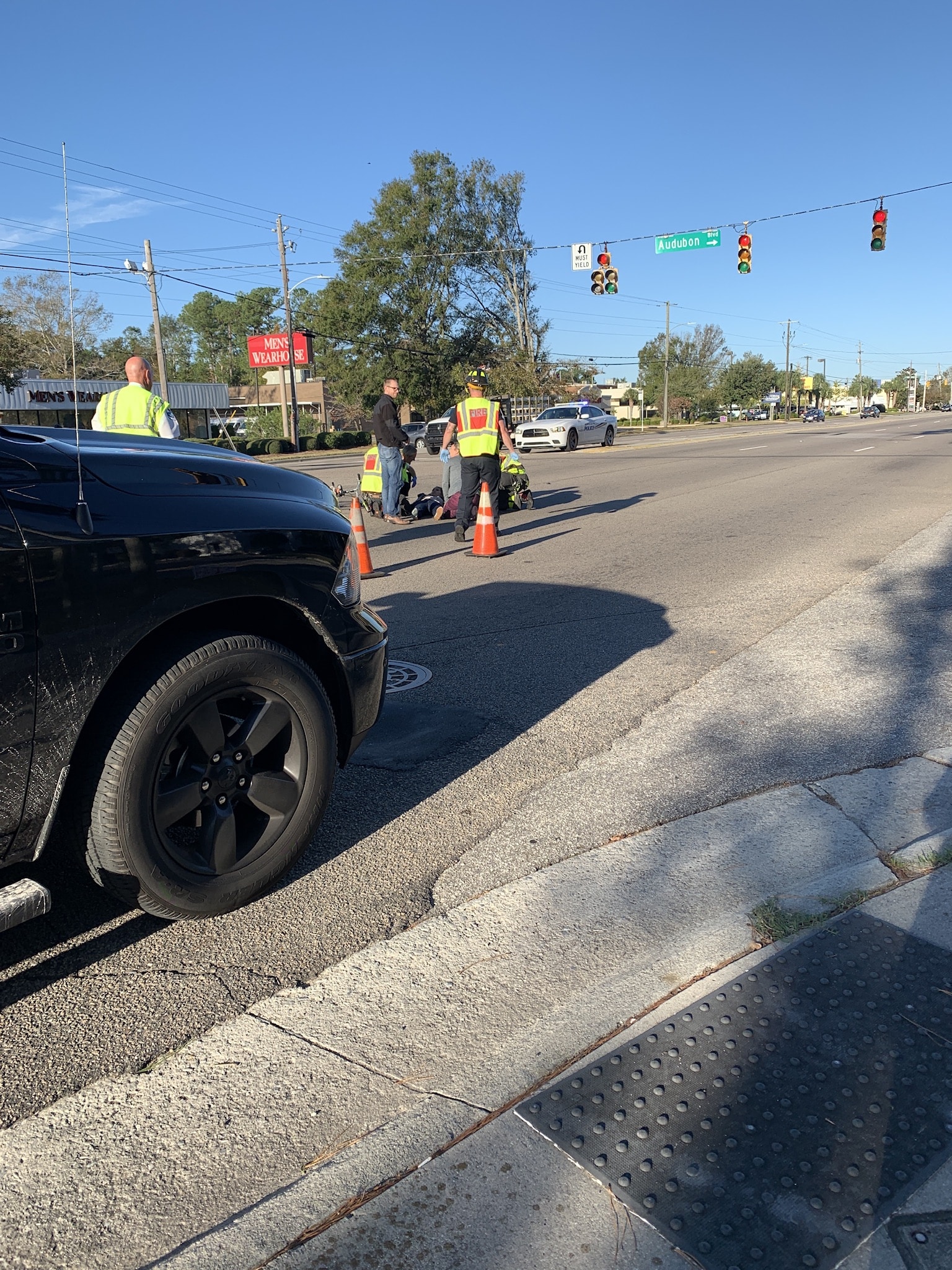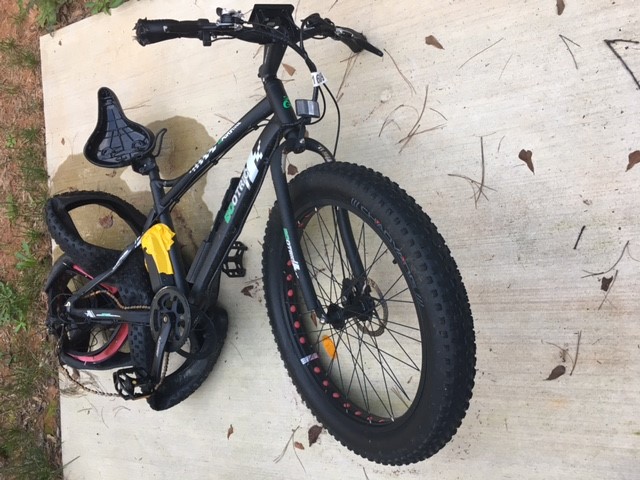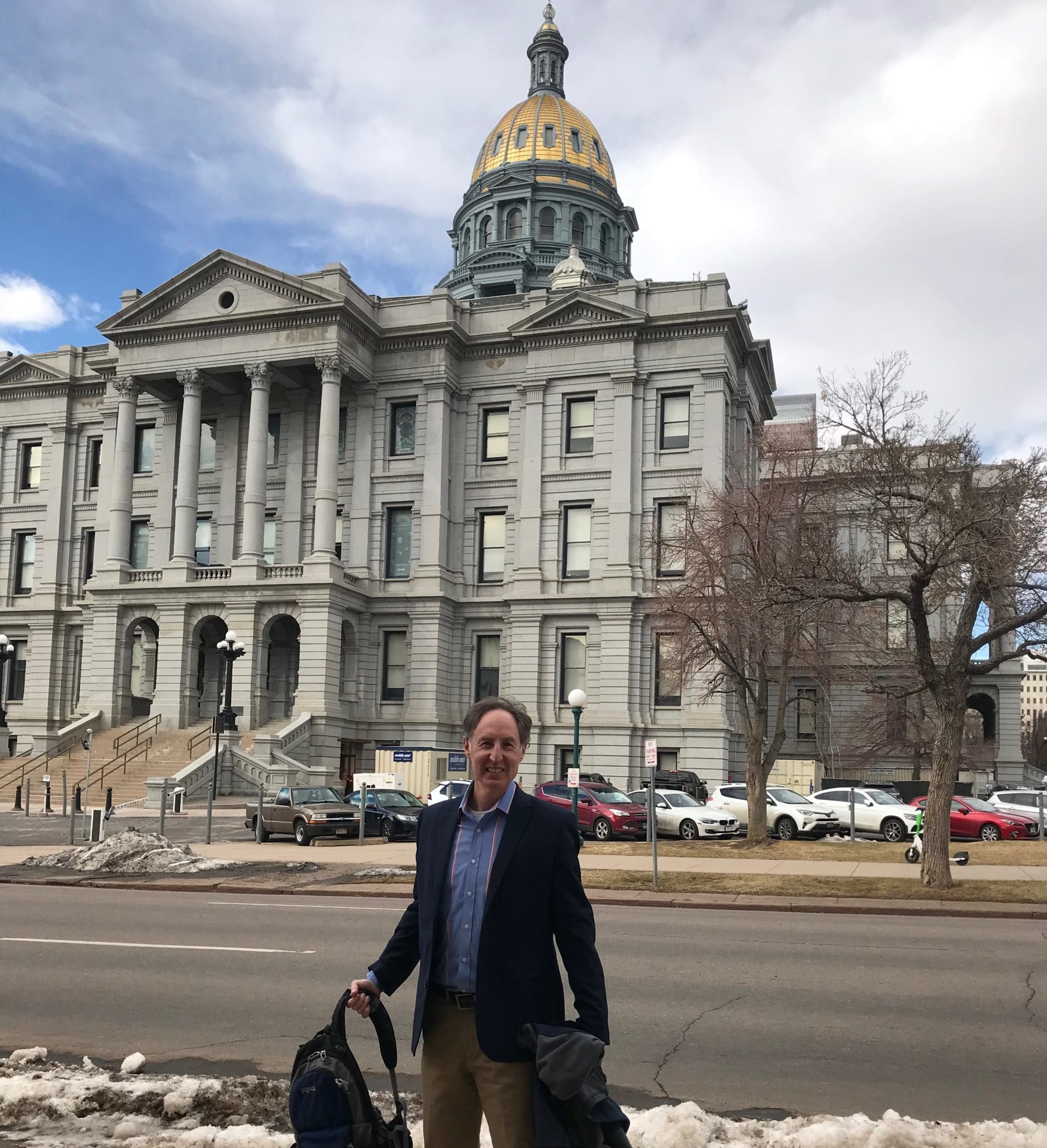Maine Lawmakers See Children, Teachers, and Schools as Necessary Partners to Addressing the Public Health Crisis on Our Roadways
Are kindergarteners our best hope for ending distracted driving?
Are teens more likely to be receptive to lessons about bicycle and pedestrian safety delivered by their teachers, mentors, and peers than their parents?
Are schools the place to start making our roads safer?
Visionary lawmakers from across the State of Maine are not only contemplating these questions, but they are taking steps to find out the answers to them through the introduction of LD 470: An Act to Provide Traffic Safety Education in Schools. The bill provides that all students in Maine will receive traffic safety education in school from the time they enter kindergarten until the time that they graduate from high school.
The purpose of the proposed legislation is to expose all Maine students to traffic safety concepts from a very early age. In addition, the legislation aims to build empathy among different types of road users long before children ever start driving motor vehicles.
If this all sounds familiar, you are not mistaken. This is not the first time traffic safety education legislation has been presented before the Maine Legislature. During the 128th Legislative Session, LD 1130, a similar bill, made its way through the House and Senate and then, unfortunately, died in the appropriations committee on adjournment.
This time around, traffic safety advocates are hoping the bill will get a green light.
WHY MAINE CAN’T AFFORD NOT TO PASS THIS LEGISLATION
Maine’s proposed traffic safety education legislation is not solely aimed at keeping students safe; it is intended to keep us all safe. As most people are already aware, we are in the midst of a local, national and international public health epidemic on our roadways. The epidemic is costly, not just in terms of lives lost and destroyed, but in terms of costs to society (e.g. the costs associated with emergency rescue and law enforcement responding to crashes, the costs of public benefit programs that cover medical and other expenses when injured parties do not have adequate insurance, the cost of people lost from our workforce, the cost of accommodating injured children in school, etc.).
In a relatively recent report, the Maine Bureau of Highway Safety and the Maine Department of Transportation noted that in the State of Maine alone, one fatal crash occurs every 60 hours, one personal injury crash occurs every 56 minutes, and one reportable crash occurs every 17 minutes.
On a national level, the National Safety Council (NSC) reports that in 2017, there were over 40,000 traffic safety deaths in the United States. The NSC also reports that in 2017, 4.57 million people were injured seriously enough to require medical attention and that the corresponding costs to society associated with those crashes totaled $413.8 billion.
On an international level, studies published by the World Health Organization (“WHO”) indicate that approximately 1.35 million people die each year due to road traffic crashes and that more than half of all road traffic deaths are among vulnerable road users, pedestrians, cyclists, and motorcyclists. The WHO also reports that road traffic injuries are the leading cause of death for children and young adults aged 5-29 years.
One of the best ways to address these devastating numbers is to expose children to these problems in an age-appropriate way early on and engage them on ways that they can actively be part of the solutions. That is precisely what LD 470 does.
CHILDREN AS TRAFFIC SAFETY ADVOCATES
LD 470 also recognizes the value of children as advocates. As we’ve learned with other issues such as gun control, we can get children on board with why traffic safety matters to them and their communities, they will likely “teach up” and speak out against deadly practices on our roadways such as distracted driving, speeding and operating under the influence. Likewise, when children are exposed to safe biking and walking practices at school, they are likely to bring those lessons home to their parents, grandparents, neighbors, peers, and siblings.
TRAFFIC SAFETY EDUCATION FOR ALL—REGARDLESS OF ZIP CODE
Another key aspect of the legislation is that it ensures that consistent information on road safety is taught in a way that is accessible to all students, regardless of zip code. As Representative Daughtry, one of the co-sponsors of the legislation, has pointed out, not all children in Maine grow up in homes with parents who know the Rules of the Road and can effectively teach them to their children. Further, there are language and socio-cultural barriers that prevent many Maine children and families from simply learning how to safely navigate Maine’s public ways on their own. As a result, children walking and riding their bikes don’t always make the best decisions and can sometimes put themselves and other road users at risk of injury or harm.
DRIVER EDUCATION IS NOT ENOUGH
In considering the importance of LD 470, it is also important to note that the State of Maine does not require all drivers to go through a driver education course to obtain their drivers’ licenses, so we cannot assume that Maine residents will be taught what they need to know about traffic safety in those programs. In addition, regardless of whether students are getting traffic safety education in driver education programs, traffic safety education needs to begin at an early age. We cannot wait until students are fifteen or sixteen to start teaching them the Rules of the Road.
VIABILITY
Incorporating traffic safety lessons into existing curricula is easy. Age-specific and age-appropriate curriculum has already been developed by teachers for teachers and is readily available to teachers, schools and districts through the Bicycle Coalition of Maine. The bill was developed with an understanding that traffic safety education is already taking place in many Maine schools through programming funded by the Department of Transportation and delivered by the Bicycle Coalition. The time commitments required of school districts are minimal, and the returns are anticipated to be significant.
SCHOOL DISTRICT AUTONOMY
Importantly, the proposed legislation leaves room for school district autonomy. If teachers prefer not to deliver traffic safety programming, they can request presenters to deliver the curriculum. Likewise, if teachers wish to weave the traffic safety programming into other pre-existing curriculum the district can do that too.
HOW YOU CAN HELP
Whether you live in Maine or elsewhere, please show your support for LD 470 by contacting Maine legislators and informing them of why this legislation is important. The Education and Cultural Affairs Committee will be holding a hearing on LD 470 at 1:00 p.m. on Wednesday, February 20, 2019 in Room 208 of the Cross Building at the State Legislature in Augusta, Maine. Please let members of that committee hear from you before then. Names of committee members can be found here.
Also, please encourage the students, teachers, educators, administrators, superintendents, police officers, and others in your communities to submit testimony in support of the legislation via email or mail to: Clerk Jayne Deneen, Education and Cultural Affairs Committee, [email protected]c/o Legislative Information Office, 100 State House Station, Augusta, ME 04333.
Finally, thank the visionaries behind this traffic safety education legislation, including Hon. Matthea Daughtry (D-Brunswick), Hon. Brownie Carson (D-Cumberland), Hon. Susan Austin (R-Gray), Hon. W. Edward Crockett (D-Portland), Hon. Andrew McLean (D-Gorham), Hon. Deane Rykerson (D-Kittery), Hon. Heidi Sampson (R-Alfred), Hon. H. Trey Stewart (R-Presque Isle), Hon. Denise Tepler (D-Topsham) and Hon. Maureen Fitzgerald Terry (D-Gorham) of Gorham, all of whom have come together to prioritize safety on our roadways.

Lauri Boxer-Macomber has been an avid rider for decades. Lauri’s Maine law practice is focused on advocating for the rights of bicyclists, pedestrians, and other vulnerable road users.
Lauri’s riding experience and legal training are complemented by her advocacy work. She is an active Board Member of the Bicycle Coalition of Maine, a Governor of the Maine Trial Lawyers Association, and a Member of the American League of Bicyclists. She also chairs the Bicycle Coalition of Maine’s Policy and Legislation Committee and is one of the founding members and facilitators of the Bicycle Coalition of Maine’s Law Enforcement Collaborative, a group of law enforcement officers, planners, bicycle advocates, and others who meet regularly with the goal of improving safety on Maine’s roadways.











